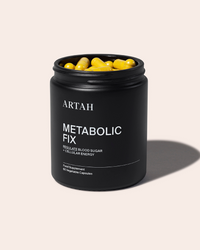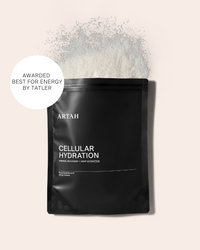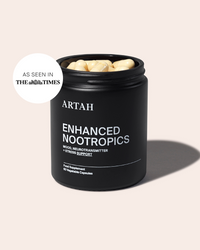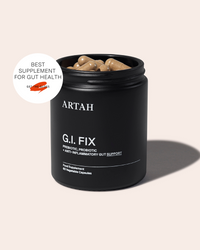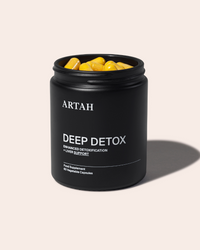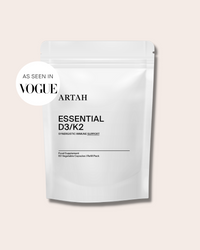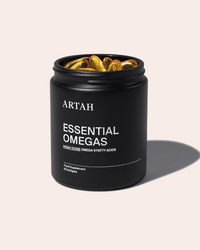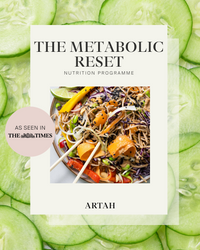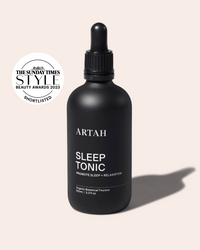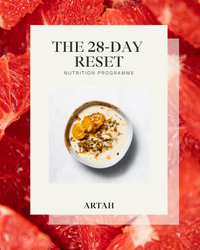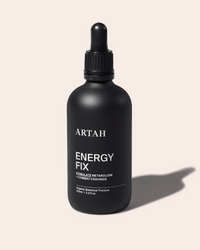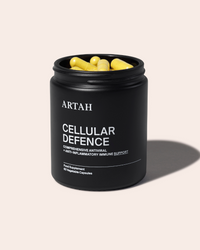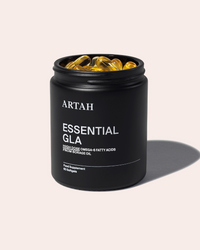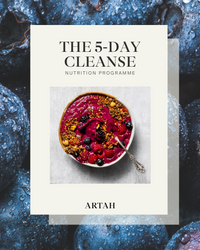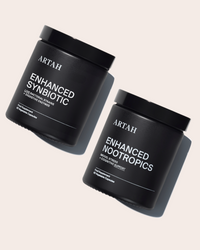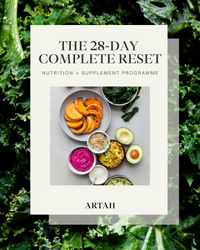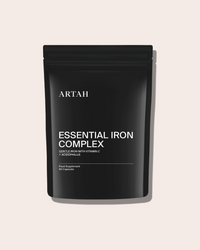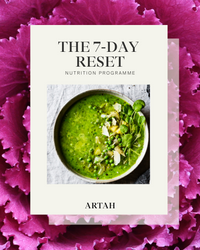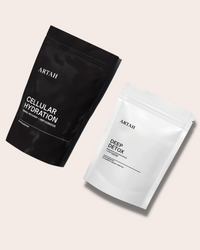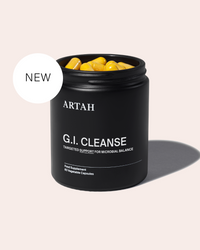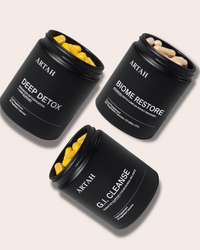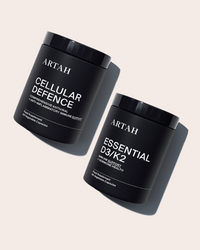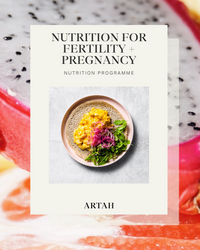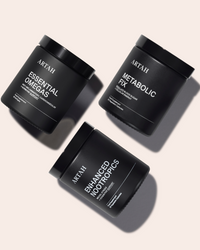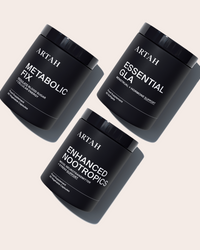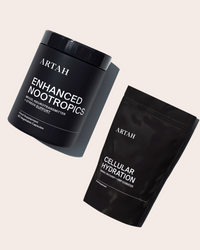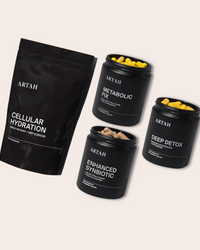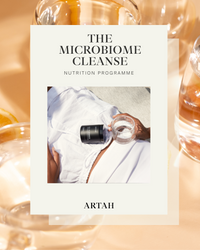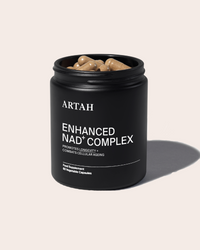2 Pieces of Advice I’d Give to Every Client
I've been working in health and nutrition for over 15 years, and in that time, I've been constantly amazed at our body's natural ability to repair, restore, and thrive. I've also naturally noticed the core patterns and habits that can hinder or help us when working towards a desired outcome, and today, I'm sharing two of my top tips for lifelong health.
Balancing your blood sugar is one of the best ways to feel better – and you don’t need a CGM.
It’s finally cool to talk about blood sugar, which is great – because reducing our total sugar load and improving our responsiveness to it can be transformative. The rise in popularity of using continuous glucose monitors as a lifestyle tool (in non-diabetic individuals) has made blood sugar a mainstream topic, but they’re expensive, and so as the trend is growing, so is the frustration that to get a handle on such an important marker, we need to invest upwards of £300. Whilst CGMs can be useful, they aren't the only way to gauge if our food choices are sending us on a blood sugar roller coaster; it’s as important to learn how to interpret the signs and signals our body is giving us in response to our environment. Here are a few clues that can help you tell if your blood sugar needs some work.
- You get hungry less than 3 hours after you’ve eaten
- You frequently feel like your energy ‘crashes’
- You get ‘hangry’ (hungry and anxious) if you haven’t eaten for a little while
- You feel constantly (unnecessarily) hungry
- You crave sweets
- You get lightheaded or headachy between meals
- You’re afraid of getting ‘caught out’ without a snack because your energy and focus crashes without food
- You feel emotional and tearful when hungry
- You feel the need to constantly snack
So, what can you do? The first step is to assess your added sugar (more on this below). Next, focus on protein, especially in the first part of your day. The RDA for protein is 0.8g per kg of body weight, but research is telling us that whilst this may be adequate to prevent frank deficiency, it’s not the optimal amount to help us thrive. I recommend starting with about 1.2g per kg of body weight, and front-loading this in your breakfast and lunch if you’re finding it difficult to control your energy and appetite during the day. If you’re pregnant, training hard, or trying to put on a significant amount of muscle you may need more, but I’ve found that this is a number that suits most people well, and ticks the boxes when it comes to satiety, energy, and mood. Finally, look at fibre. With all the focus on pharmaceutical GLP-1 agonists like Ozempic, we’ve forgotten that we have an amazing natural option at our disposal – fibre. High-fibre diets stimulate the release of GLP-1, which not only slows gastric emptying, but also reduces postprandial spikes in glucose. And that’s not the only reason to focus on fibre – it has long been celebrated for its ability to increase feelings of fullness and satiety, amongst the numerous other benefits it has to our health (like microbiome health and chronic disease prevention). If you need extra help with blood sugar support, consider adding Metabolic Fix alongside the nutritional strategies I’ve just mentioned, which helps combat cravings, improves insulin sensitivity, and can help manage energy levels throughout the day.
There's real power in removing the wrong things from your diet.
I know this feels slightly contradictory to the current narrative, which focuses more on adding in small habits that will improve our overall diet quality, rather than demonizing certain foods. And I don’t disagree with the notion of adding in; it’s not realistic to do everything at once, so making small changes is an important and impactful way to cultivate long-term health. But, there’s a real power in removing the wrong things from our diet, and we shouldn’t underestimate how profound the effects of certain foods or habits can be on our mood, energy, and overall metabolic balance. Let’s face it, there are certain foods that have been designed to be consumed quickly, in high amounts, and in an addictive manner, so it’s not a bad thing to keep these out of our regular regime. The most obvious example is, of course, added sugar. The official recommendation is not to exceed 30g of added sugar per day, the average adult in Britain consumes 233% more than this (1). That’s the equivalent of 100g per day, or 700g per week! The worst part is, most of us don’t even realise how much sugar we’re consuming because of how prevalent it is in our food supply. About 65% of our sugar intake comes from ultra processed foods (2) but even foods marketed as “healthy”, like fruit and yoghurt breakfast pots, can have upwards of 30g of sugar per serving (3). So, adding in a healthy serving of fermented foods once a week is good, but adding it on top of 700g of added sugar each week isn’t going to move the needle.
If you’ve followed me for a while, you’ll know that I talk about the value of committing to a period of nutritional stability, where some of the more common allergens are avoided, alongside the avoidance of added sugar and ultra-processed foods, so that we can truly tune in to how food makes us feel. When we focus on real food and avoid the ultra-processed, sugar-laden products we’re bombarded with at the supermarkets, you’ll be flooding your body with more essential vitamins, minerals, amino acids, healthy fats, fibre and phytochemicals, and then slowly reintroducing different foods to see how they make you feel. This is one of the best ways to find out what some of your personal boundaries with food may be; if you’ve never tried this, I can’t recommend it enough. If you need support or recipe inspiration on your journey, our most popular plan is The Metabolic Reset, which can help guide you through 21 days of nutrition that tastes great and feels even better.
This article is for educational purposes only and the implementation of the theories and practices discussed is at the sole discretion of the individual. All information given is not a substitute for medical advice, diagnosis, or treatment. If you have any concerns about your health, you should speak with your physician.






